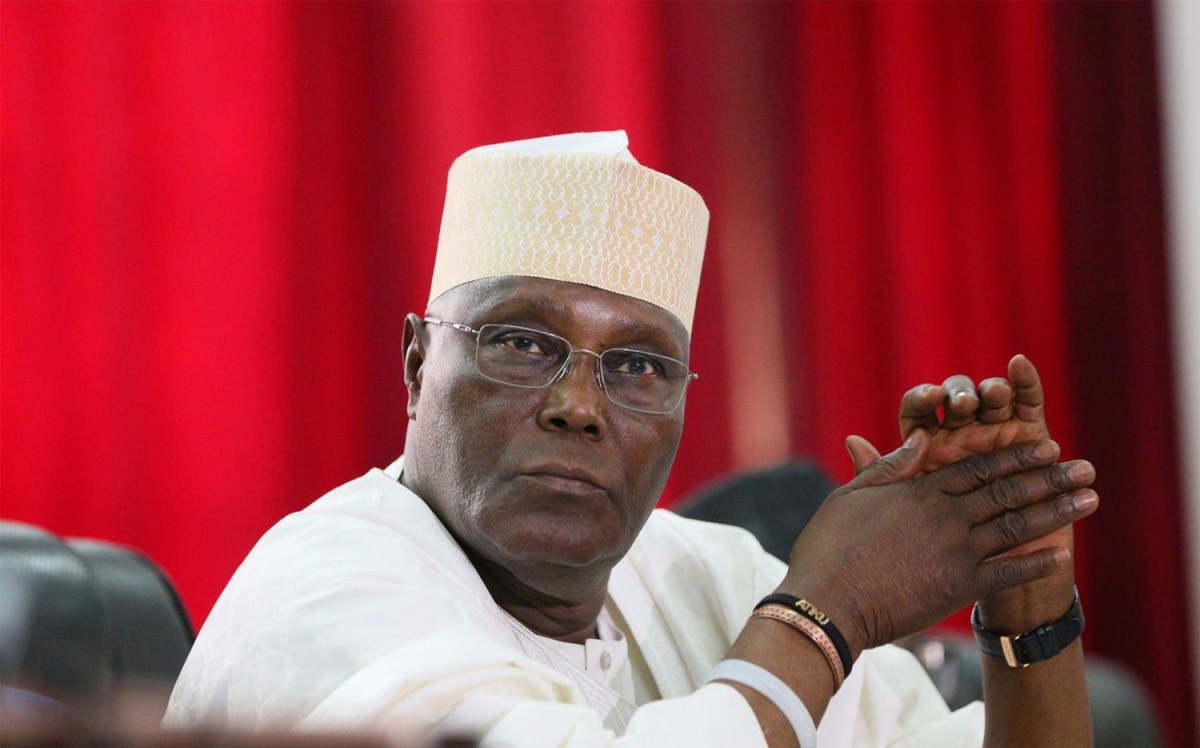YOLA, Nigeria – The Adamawa State Government has formally revoked the revered traditional title of Waziri Adamawa held by former Vice President Atiku Abubakar, citing newly introduced indigeneship guidelines affecting the composition of emirate council leadership.
The revocation was disclosed in an official circular dated Friday, June 20, 2025, and signed by the Permanent Secretary of the Department of Chieftaincy Affairs, Mrs Adama Felicity Mamman.
The move forms part of a broader administrative overhaul initiated under Governor Ahmadu Umaru Fintiri’s restructuring of traditional institutions, following the creation of new chiefdoms across the state.
According to the circular, the new policy restricts eligibility for traditional titles and emirate council positions to individuals originating from six specified districts—Yola South, Yola North, Girei, Mayo-Belwa, Song, and Zumo.
Atiku, who hails from Jada Local Government Area, falls within the Ganye Chiefdom and is thereby deemed ineligible under the new rules.
“Only indigenes of the specified districts may be considered for appointments within the emirate council structure,” the directive stated.
The policy is expected to affect several other traditional titleholders across Adamawa State whose local government areas do not fall within the approved zones.
The Waziri Adamawa title is traditionally regarded as the second most senior in the Adamawa Emirate, after the Lamido.
While the state government has framed the decision as an administrative measure to align traditional leadership with localised governance reforms, political observers have interpreted the move through a broader political lens.
Tensions between Governor Fintiri and Atiku Abubakar—both of whom were influential within the Peoples Democratic Party (PDP) during the 2023 general elections—have reportedly deepened in recent months.
Atiku has been linked to emerging opposition realignment talks with key national figures, including Labour Party’s Peter Obi, former Kaduna State Governor Nasir El-Rufai, and Senator Aishatu Dahiru Binani.
The speculated coalition is seen as an early attempt to reshape the political landscape ahead of the 2027 elections.
Further complicating the political backdrop is a controversial bill before the Adamawa State House of Assembly.
The bill seeks to grant the governor discretionary powers to depose traditional rulers deemed “unfit” and to directly appoint replacements—an initiative critics argue could undermine the independence of traditional institutions.







